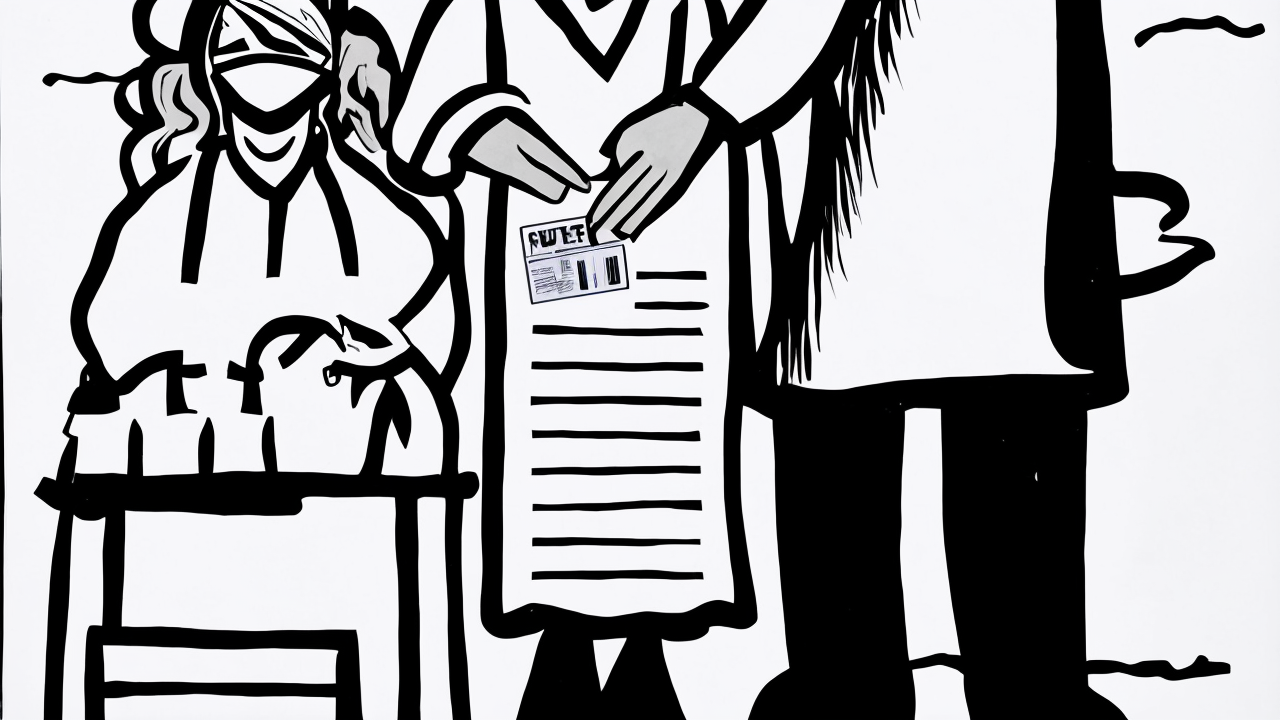CDC Expands COVID Vaccine Access for Pregnant Women Amid Ongoing Debate

The Centers for Disease Control and Prevention (CDC) has updated its adult immunization schedule to include shared clinical decision-making for COVID-19 vaccination during pregnancy. This marks a notable shift from its prior stance, which offered no specific guidance for pregnant individuals. While the Advisory Committee on Immunization Practices (ACIP) did not explicitly mention pregnancy, its recommendation for individualized decisions across all age groups—including those six months and older—has been interpreted as extending to expectant mothers. The change allows pharmacies to administer vaccines to pregnant women and requires insurers to cover them with no out-of-pocket costs.
This development comes amid broader concerns about the role of federal health agencies in shaping personal medical choices. While the CDC maintains that pregnancy increases the risk of severe illness from COVID-19, the shift in messaging has prompted questions about consistency and transparency. The American College of Obstetricians and Gynecologists (ACOG) continues to support vaccination during pregnancy, citing safety data and the protection it offers newborns who cannot yet be vaccinated. Yet even with strong institutional backing, the CDC’s evolving position has created confusion among patients and providers alike.
The concern is not with the science behind the vaccine, but with how public health guidance is delivered. When recommendations change rapidly or appear contradictory, trust in medical institutions begins to erode. A steady, evidence-based approach—grounded in clear communication and consistent messaging—remains essential. The current situation underscores a larger issue: how government bodies balance public health goals with the principle of personal responsibility.
Pregnancy is a time of profound physical and emotional change, and decisions about health care during this period are deeply personal. Expectant mothers are not just patients; they are stewards of life. Their choices about medical interventions should be informed by reliable data, honest dialogue with trusted healthcare providers, and a recognition of the sacred nature of the maternal role. Government agencies have a duty to provide accurate information, but they must also respect the dignity of individual conscience.
The inclusion of pregnant women in broader vaccination recommendations may serve a public health purpose, particularly in protecting infants under six months who remain vulnerable. However, the way this guidance is communicated matters. When public health directives appear to favor one path over others without clear, accessible reasoning, they risk undermining the very trust they aim to build. People need to feel confident that their healthcare decisions are respected, not influenced by pressure or ambiguity.
In this context, the role of the physician becomes even more vital. A trusted doctor, familiar with a patient’s medical history and values, is best positioned to guide decisions. Shared decision-making should be about partnership, not protocol. When policies emphasize collaboration between patient and provider, they honor both medical expertise and personal responsibility.
Ultimately, the goal should be to strengthen, not weaken, the relationship between individuals and their healthcare systems. Public health efforts are most effective when they are rooted in transparency, consistency, and mutual respect. As we move forward, it is important to uphold the principle that health care decisions—especially during such a significant time as pregnancy—should be made with care, wisdom, and a commitment to truth.
The path forward is not about rejecting science, but about ensuring that science is communicated with integrity and humility. When government agencies lead with clarity and respect for individual judgment, they do not weaken public health—they strengthen it. In doing so, they affirm a deeper truth: that responsible stewardship of life begins with honoring the choices of those who carry it.
Published: 10/10/2025








